
An overwhelming majority of race fans and journalists, as well as some racers, believe the current version of NHRA Pro Stock is broken. Consider Richard Freeman, owner of the point-leading Pro Stock entry driven by Erica Enders-Stevens, a proud member of the minority.
“No, absolutely not,” said Freeman when presented with the question of whether the 500-inch factory hot rod division is broken. “Sure don’t [feel this way].
In the upcoming NHRA Western Swing only one of the three events currently has a full field of cars [Denver]. Sonoma has 14 cars and Seattle has 13. As of this article’s posting, Freeman’s car isn’t entered at Sonoma or Seattle and he’s tight-lipped regarding his plans for those events.
“There are low car counts in every class,” Freeman pointed out. “The difference between Pro Stock and the fuel classes is that we don’t have as many full-time drivers. We still have to go home between races. Plus, when it comes to the nitro teams you have several multi-car owners, and if one of them decides to stop racing, it hurts those classes really bad. Take this into consideration and tell me if Pro Stock really sounds like the broken class?”
Presently the fuel class quotas are met for all three nitro classes during the Western Swing. However, in the sportsman ranks the hardest hit of the entries appears to be Competition Eliminator, with only nine entered for Sonoma and four for the Seattle event. Comp doesn’t run in Denver.
“The reason Pro Stock is short on car (count) is the same reason every class out there is short,” said Freeman. “Take a look at Competition Eliminator – everyone says it’s broken, but it’s not broken. It’s hard to spend that kind of money to go racing today. Would change do something? If so, I don’t know what it would be. There is no fixing what’s going on [in the economy].
“I’ve talked with several people about the idea of running a part-time schedule but then you become [like] the Pro Stock Bike division where you have no say-so. I think in situations like this, time takes care of things and I don’t feel like there is anything wrong with Pro Stock in my opinion. We’ve got more individual competitors than any other class out there in the professional categories in terms of having everybody who can go to 24 races.”
Freeman believes Pro Stock has been unfairly typecast as an unaffordable venture, although he acknowledges it does take a considerable investment.
“There’s a stigma out there that suggests Pro Stock costs $2 to $3 million a year,” said Freeman. “You can run Pro Stock for $1.5 to $1.9 million and lease motors. You can do that fairly easily. The stigma out there is you can’t race Pro Stock if you don’t have your own in-house engine program, and that’s all a crock of s***. You can quote me on that.
“In the past there were some who used the price to scare off others simply because they didn’t want people out there because it’s more people they would have to deal with. That’s what we’ve got to change. There are lots of sportsman racers out there that could run Pro Stock if they wanted to and be very competitive, but everybody’s got them scared to death.”
Freeman backs up his claim by pointing to Australian Pro Stock racer Shane Tucker, who recently leased engines from Freeman’s Elite Motorsports and qualified No. 4 at the Epping event and reached the semifinals at Joliet.
“He even beat me,” said Freeman of the event in Chicago where Tucker beat his driver Erica Enders-Stevens. “One thing in my program that we want to do is let people know you can come to us and get quality stuff.”
In a day and age where engine lease programs seem to be an option of the past, Freeman said his business model is a viable example.
“Our business is out there and that’s what we want,” said Freeman. “We want those guys to be able to come out whether they want to run three races a year or 24, and know that they can get what I run in my car in their car.”
While rumors suggest some engine rentals exceeded $100,000 per race, Freeman is adamant a race team could lease a competitive motor program for less than a million dollars to run a 24-race season.
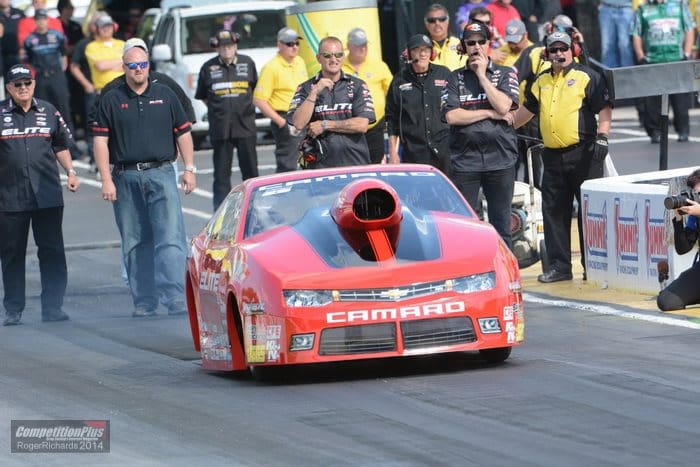
“If you wanted to go race three to five times or something like that you can do it for from $35 to $45,000 a race,” Freeman said.
Freeman blames the expense of the class on high operating overheard.
“I don’t have all the overhead,” Freeman said. “That’s the difference. The biggest problem with Pro Stock is the stigma and I was once one of those guys who said ‘hey, I can’t run that class. I can’t compete.’ Well it’s a crock of s***. I put a program together with really good people and look at what we’re doing. The truth is Pro Stock is not about who has the most money but who has the best people.”
While Freeman’s team isn’t on the entry list for the final two events of the Western Swing, the reality is his driver could take a vacation from these events and still return in Brainerd as the point leader with a lofty point lead going into the Countdown.
Freeman isn’t actively lobbying for a shorter overall schedule but did point out that fewer consecutive races would enable teams to reload on their engines and efforts. A 20-race schedule could make for a better on-track product.
“That’s a three or four-week break for everybody to regroup,” Freeman said. “I love drag racing and I’ll always be a part of it, but I do not think Pro Stock is broken; I’ll go down saying that. I think that if there is an issue it’s an economic one and some of the stigma that Pro Stock, the competitors, the people that are competing in the class, have given it. Just because some of the racers are spending cubic dollars doesn’t mean you cannot compete.”
Freeman’s Elite Motorsports team had initially planned a 15-race schedule at the onset of the season, and if the decision is made to skip Sonoma and Seattle, it will be purely to prepare for an all-out bid to win the championship and complete the Countdown. He’s unsure what the decision will be at this time.
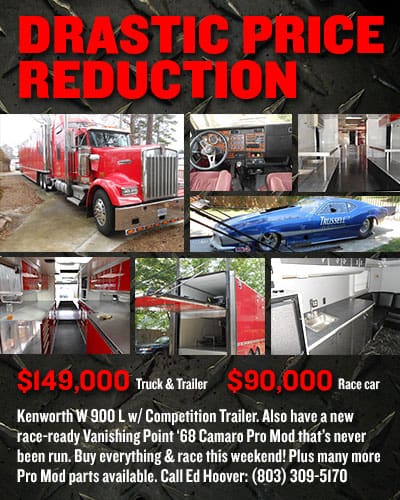
Freeman has also heard the rumors of a possible shift in the face of Pro Stock to more of a Factory Showdown, as well as the “13” factor, which suggests if an NHRA event attracts only 13 entries, it will be on the chopping block for the future … a rumor the NHRA adamantly denies.
“Ain’t happening,” Freeman said. “That’s not happening and to be honest with you the NHRA will tell you that that’s not happening.”
While largely unpublicized, Ford, who isn’t a supporting manufacturer in Pro Stock, is largely in favor of a Factory Showdown-style revamping of the class.
Currently only two [Chrysler, Chevrolet] of the four manufacturers supporting NHRA actively participate in Pro Stock. Toyota and Ford support only the nitro divisions in professional drag racing.
“I’m sponsored by General Motors and we’re one of the three top teams that are sponsored. The factory support just isn’t what it used to be,” admitted Freeman. “I don’t know what the answer is [to get everyone more involved].”
Right now Freeman believes if there’s an area which would immediately improve Pro Stock, it’s the prize money.
“I do think they can make the purse better,” Freeman said. “When I win a race with contingency NHRA pays $25,000 to Pro Stock. That’s pretty weak.”
The average winnings for a Pro Stock racer, with contingencies, are in the low-to-mid $30,000 range. Freeman believes a winner’s purse of $50,000 and $10,000 qualifying reward would go a long way towards resolving Pro Stock’s perceived issues.
For Freeman, the real issue which breaks Pro Stock and could easily fix it is money. Spending $100,000 to potentially win $35,000 makes for some pretty lopsided numbers.
“Pretty much so,” Freeman said of the financial figures.
And for Freeman, this is no stigma, it is reality.







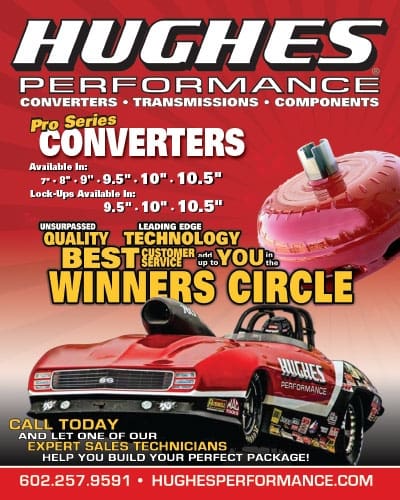







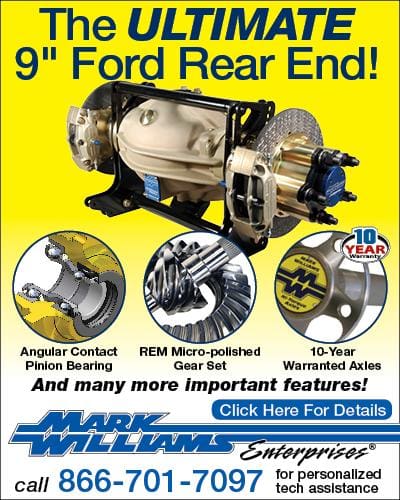
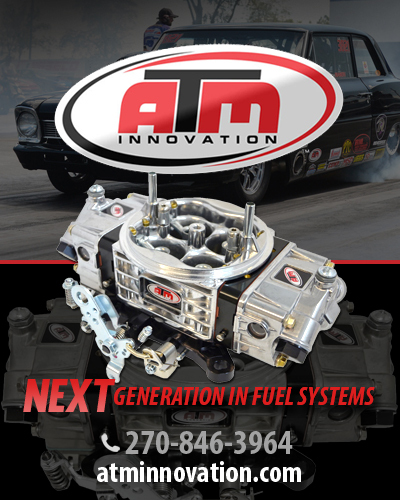



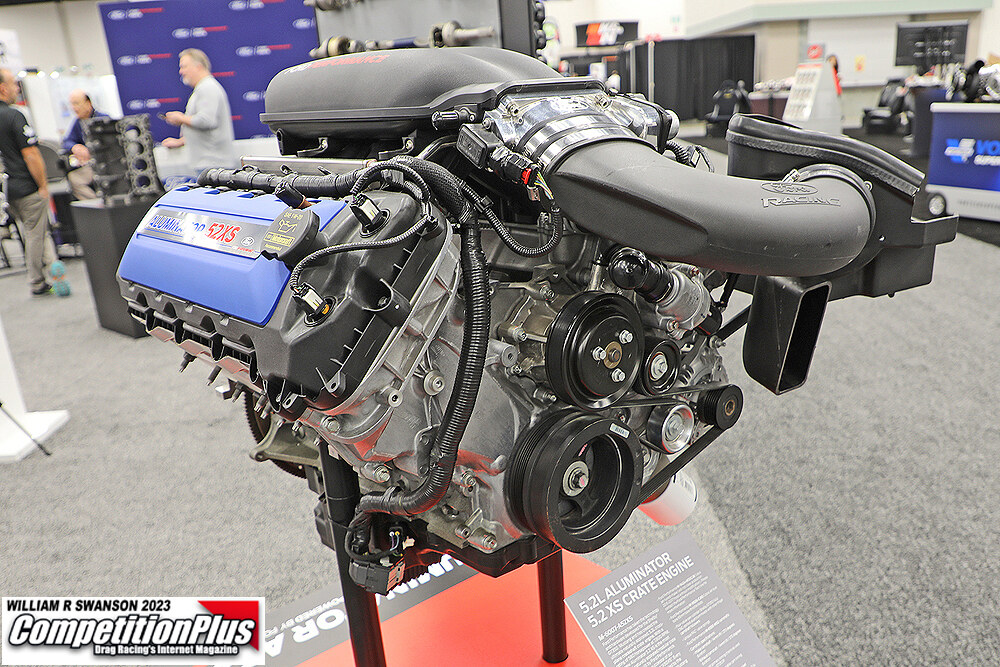

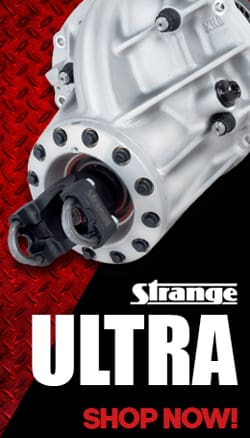
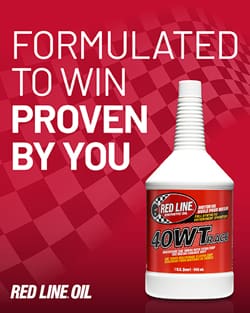
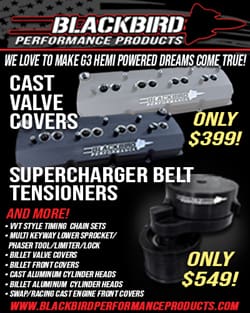

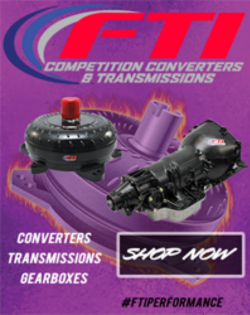







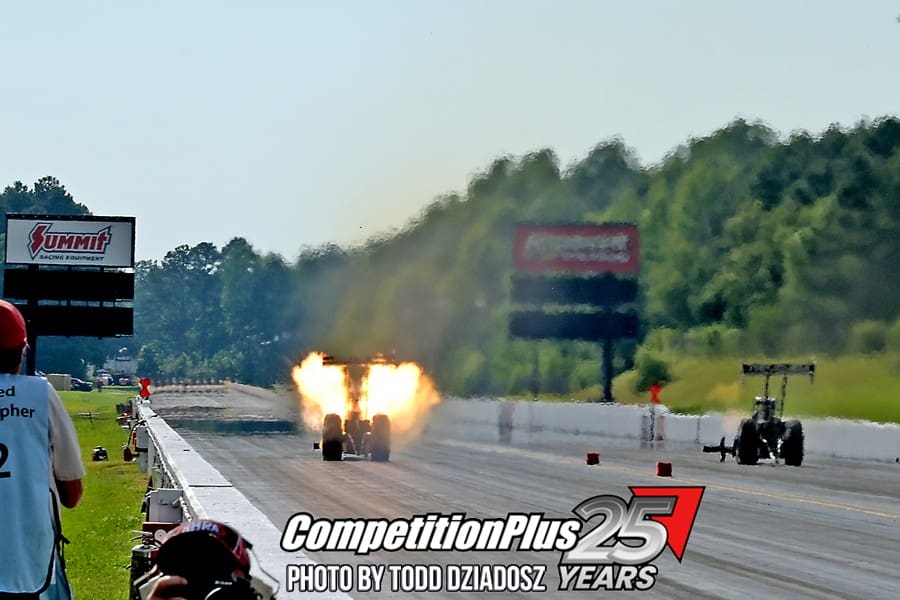



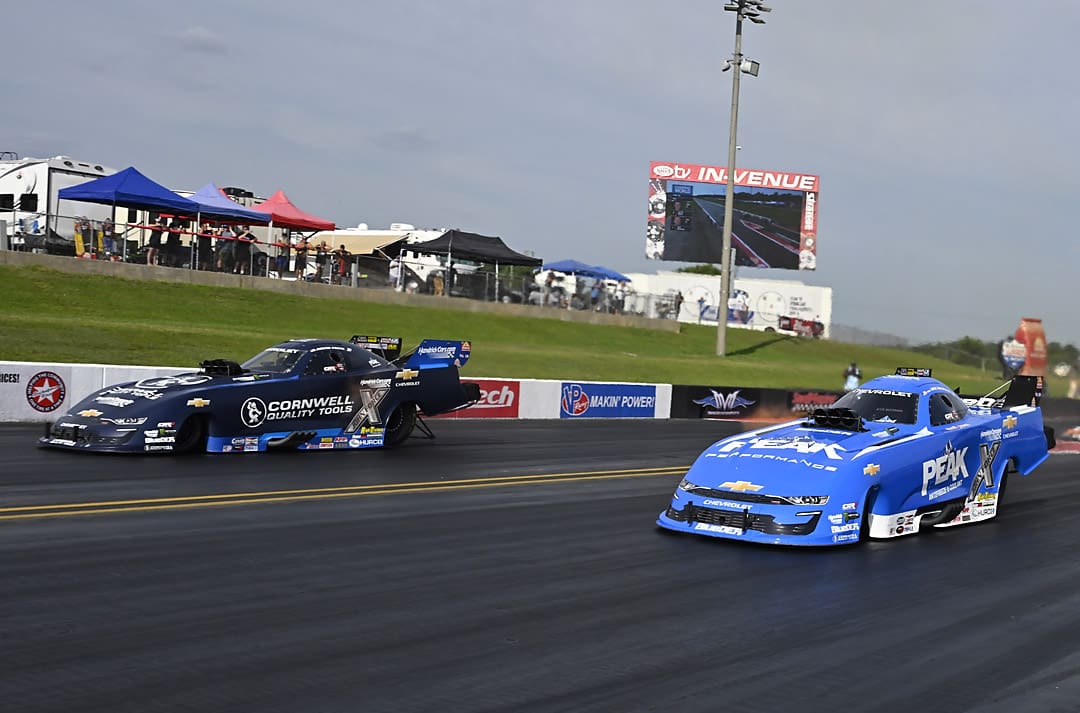
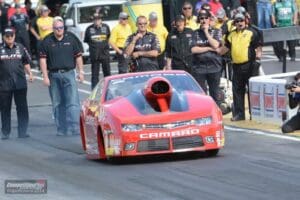
BOBBY BENNETT: LOGIC AND MORE TECH OFFICIALS COULD HAVE PREVENTED A DEBACLE